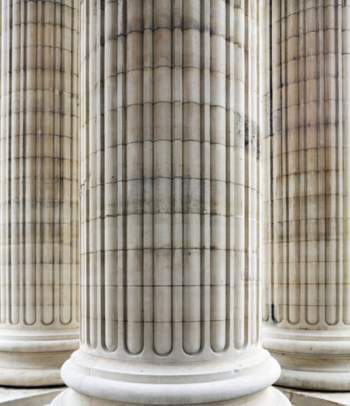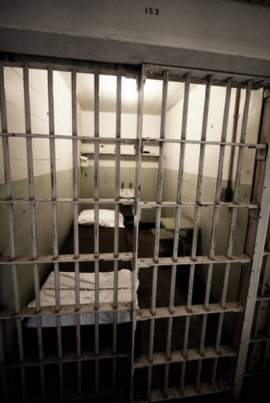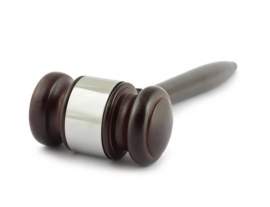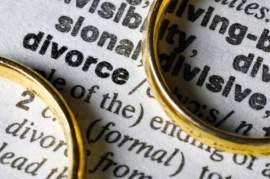
Cox v. United States (1947)

Cox v. United States (1947)
Cox v. United States was a case that took place shortly after World War II and had to do with conscientious objector laws. In 1941, just as the Second World War came to the United States, the petitioner, Cox, was a Jehovah's Witness who objected to military service. He maintained that he was a minister under the tenets of his religion, and thus was not technically a conscientious objector. The court's decision in this case would influence how it treated Jehovah's Witnesses in subsequent conflicts involving conscription under the Selective Service Act.
Conscientious Objectors
The first war where the United States allowed people to “conscientiously object” based on a moral or religious objection to military service was World War I. People who were seen to have a genuine conscientious objection to working in combat roles were given non-combat duties instead. However, people who did not want to work for the military in any capacity were jailed.
In World War II, the rules changed a bit. People like Cox (the appellant in Cox v. United States) were conscripted into doing important duties domestically rather than participating in the war if they had an objection.
The Ministerial Status
When the United States conscripted soldiers during war time, some classes of people were automatically exempted. For example, women have never been drafted in United States history, although recent proposals have been made to include them in Selective Service registration. People who are too old or too young to serve are also excluded.
Other exclusions were based on the profession of the person being excluded. One of these exceptions is for religious ministers, and it is this exception that Cox v. United States was all about. Not conscripting people who were religious leaders was done in part because of the separation of church and state, and in part because ministers were still needed back at home and their absence would have lowered morale throughout the country. Unlike conscientious objectors, ministers did not have to serve mandatory time working on domestic projects and could simply continue with their lives as they had been.
The petitioner claimed in Cox v. United States that under the tenets of his religion, all men were considered to be ministers. Therefore, Cox said, he should not have been required to perform any service whatsoever and had no military service obligation.
The Court's Ruling
The Supreme Court ruled in Cox v. United States that Cox and other Jehovah's Witnesses did not meet the qualifications for the ministerial exception under the law. None of them had been ordained as ministers, and the court noted that Cox had only actually requested the status after his own draft status had been changed from unfit to fit.
The ruling was 5-4, with the four dissenting judges filing two different dissenting opinions. The dissents warned that the decision made it very difficult for judges at any level to reverse the decisions of the Selective Service draft board, and that there was nothing in the ministerial exception that confined it to particular types of ministers.



















